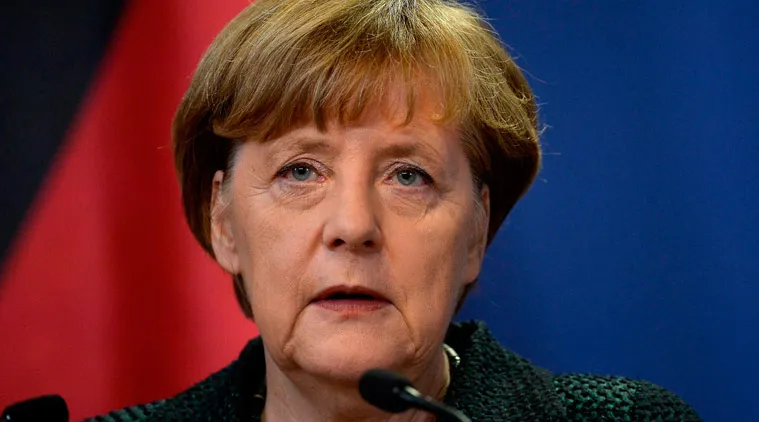When German Chancellor Angela Merkel comes to India on October 4 for a three-day visit to Delhi and Bangalore, she will have the most pressing refugee crisis of the century weighing heavily on her mind. The influx of a million Syrian refugees will have a substantial financial impact on Germany in the months and years to come.
So, her India trip will be to deepen engagement with India, where she can enter into a productive commercial relationship – that will enable her to ease the economic burden on the Europe’s leading economy in the years to come.

On the face of it, this will be the third inter-governmental consultations between the two countries where Prime Minister Narendra Modi will sit with six of his Cabinet ministers, along with Merkel with six of her Cabinet colleagues. As the German ambassador to India Martin Ney rightly pointed out, on the eve of the visit, that it will be a “joint Cabinet meeting” between the two countries – with ministers of Foreign affairs, defence, education among others.
[related-post]
Story continues below this ad
The economic relationship has expanded significantly over the years. Germany is India’s largest trading partner in Europe and 2nd most important partner in terms of technological collaborations. However, bilateral trade has stagnated in last couple of years due to various domestic and international factors.
Bilateral trade during 2014 was valued at Euro 15.96 billion. While India is growing in significance as a trading partner for Germany, there is clearly a great deal of potential to be realized. Apart from traditional sectors, knowledge-driven sectors hold good potential for collaboration in the fields of IT, ITES, biotechnology, auto components, renewable energy, green technology, urban mobility & development and the entertainment industry.
Most of the leading German companies have already entered the Indian market. German Medium Enterprises (Mittelstand), which constitutes the backbone of the German economy, are also showing greater interest in India.
Germany is the 8th largest foreign direct investor in India since 2000. German FDI in India during the period 1991 – February 2015, was valued at US$ 8.25 billion.
Story continues below this ad
FDI in India in 2014 was to the tune of US$ 1.15 billion. There are more than 1600 Indo-German collaborations and over 600 Indo-German joint ventures in operation.
Indian investments in Germany have also shown a remarkable increase in the last few years and have invested over US $ 6 billion in Germany, mainly through M&As.
In this backdrop, Merkel will be looking to expand German industries’ presence in India, while India will look to get the German industries to set up shop and participate in the Make-in India campaign.
Much will, however, depend on how much “ease of business”, India is going to create.
Story continues below this ad
German industries have high expectations and also seek resolution of certain issues like “questions of corruption, questions of framework for investments, safety of taxation, Intellectual Property Rights” and legal redressal for “ease of doing business”, the German ambassador told reporters on Thursday.
“Industries say we need greater progress in order to implement these planned investments. The two leaders will address these issues definitely in a friendly manner,” Ney said.
One can only hope that the investment climate is made better for these German companies, so that more investments can come in — not just from Germans, but from others as well.

 German Chancellor Angela Merkel is scheduled to come to India for a 3-day visit on October 4.
German Chancellor Angela Merkel is scheduled to come to India for a 3-day visit on October 4.







